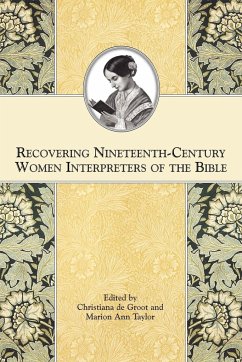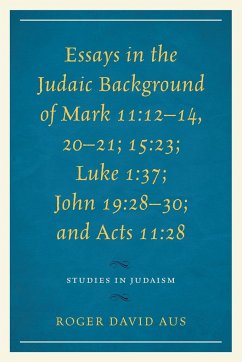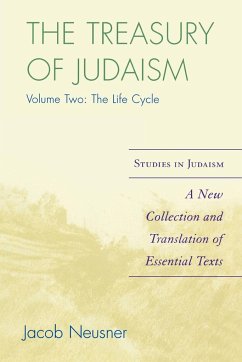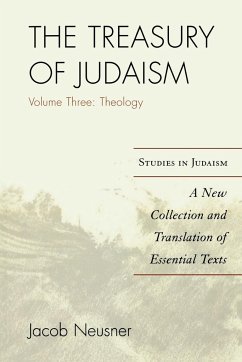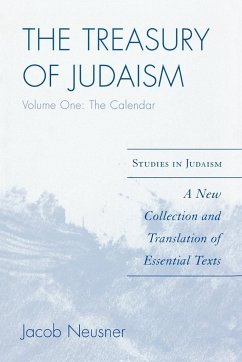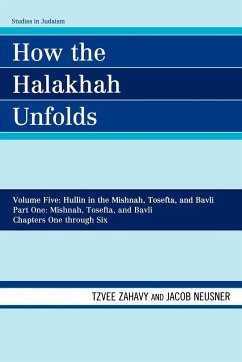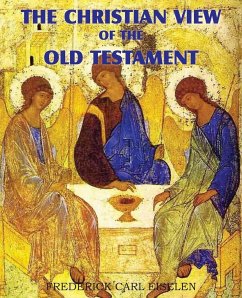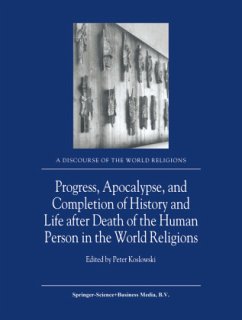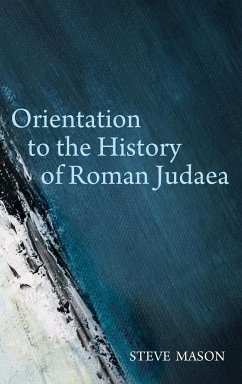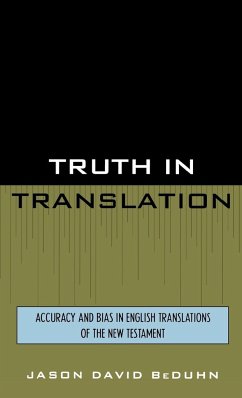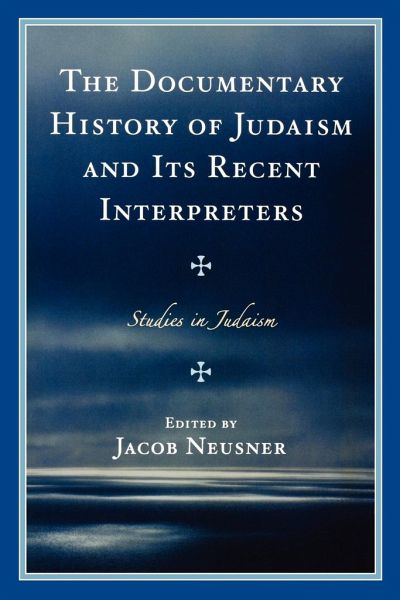
Documentary History of Judaism and Its Recent Interpreters
Versandkostenfrei!
Versandfertig in 1-2 Wochen
57,99 €
inkl. MwSt.
Weitere Ausgaben:

PAYBACK Punkte
29 °P sammeln!
Neuser has collected some of the more ambitious ventures into the documentary hypothesis of the Rabbinic canon and its current recapitulations. Neusner begins with the article written by Professor William Scott Free for Encyclopaedia Judaica second edition, as Green places the documentary hypothesis into the context of Neusner's entire oeuvre.





